By Marney Blom
It was the New Moon Festival and hundreds of modern orthodox youth gathered to march the perimeter of the Temple Mount in Jerusalem.
Although heavily guarded by Israeli swat teams, security and police, the participants were joyful as they encircled the perimeter of the grounds where the ancient Jewish Temple once stood.
Undeterred by the on-going struggle with international efforts to deligitimize Israel’s rights to the use of its own land, Israeli youth believe their prayers, songs and declarations signal the coming of the Messiah, the one whom they call the King, the Son of David, or in Hebrew, Melech Ben David.
The timing of the march was compelling.
In recent days leading members of the global community have called into question the legitimacy of Israel’s rights to its capital. Suburbs of East Jerusalem are often referred to as “settlements” and the soil on which they are built dubbed “occupied land”. In addition, strong pressure has been applied to the current Israeli government to halt all Jewish housing developments in communities beyond the East Jerusalem border officially identified as the green line.
Israel’s plan to combat its growing housing shortage by constructing an additional 900 units in the sprawling Jerusalem suburb of Gilo was recently met with a sharp rebuke by the President of the United States.
“I think it embitters the Palestinians in a way that could end up being very dangerous,” said Obama in an interview with Fox News. “… and it makes … it hard to re-launch any kind of serious talks about how to you achieve a two-state solution.”
The fact that international leaders are choosing to ignore Israel’s sovereignty and right to build on its own soil is alarming to various members of the Jewish community.
“I am speechless. I don’t know what to say. For the President to talk about Gilo … there can’t be real negotiations if the people of Israel don’t trust the Obama administration,” said US assemblyman Dov Hikund (NY-D) on a recent trip to East Jerusalem. “What does he think? He is going to force the people of Israel to divide Jerusalem?”
A prevailing conviction among many leaders of the international community pinpoints the status of Jerusalem as a core issue in the current Israeli-Palestinian conflict. According to the British Government, the way to guarantee the success of the peace negotiation process is “… to view Jerusalem as a shared capital”. Others in the global community point back to the 1948 UN resolution to internationalize Jerusalem as a valid assertion that Israeli control over the entire city is no longer legitimate.
Sentiments soared when the cornerstone of the expansion of a housing development in East Jerusalem’s Nof Zion community was recently laid.
Deputy Speaker of the Knesset and Word Chair of the governing Likud party Danny Danon was defiant. “The people in Israel are united about Jerusalem,” he said. “And the Prime Minister is representing us on that issue, saying to Obama, “Do not talk to me about Jerusalem.”
“I feel this is making a statement that we belong here,” added Joseph Stamm, a Jewish investor from Brooklyn, NY. “This is our land that goes back to Biblical times … and we are coming back.”
Surprisingly, it is not just Arabs and the international community that oppose developments like Nof Zion. Jewish activist groups such as Shalom Achshav, translated Peace Now, also condemn the construction.
Dan Aronson, a Jewish resident of London, England joined the band of Shalom Achshav demonstrators at the laying of the Nof Zion cornerstone. “Building in East Jerusalem is a major obstacle to peace,” he said above the din of the demonstrators’ megaphone. “Any future peace treaty is going to have to involve some form of division of Jerusalem.”
For the ancient Jewish capital, the jostle is nothing new. The weather-beaten stones of the magnificent ramparts encircling the remains of the Old City have witnessed centuries of conflict. The City of Peace has suffered attack, besiegement, destruction and capture until finally all of Jerusalem, both east and west, returned to Jewish sovereignty at the end of the 20th century as a result of the 1967 Six-Day War.
Jewish presence in the holy city can be dated back 4000 years, pre-dating Islam according to historical and archaeological evidence. This empowered hundreds of modern orthodox youth in their recent celebration of the New Moon Festival.
As they recited the scriptures, the Psalms of David, the Jewish youth expressed their belief that the soon coming “son of David”, the one whom they call Messiah, will bring a final end to all the conflict and a lasting peace to their eternal capital, Jerusalem.
Copyright © Acts News Network, Inc.
